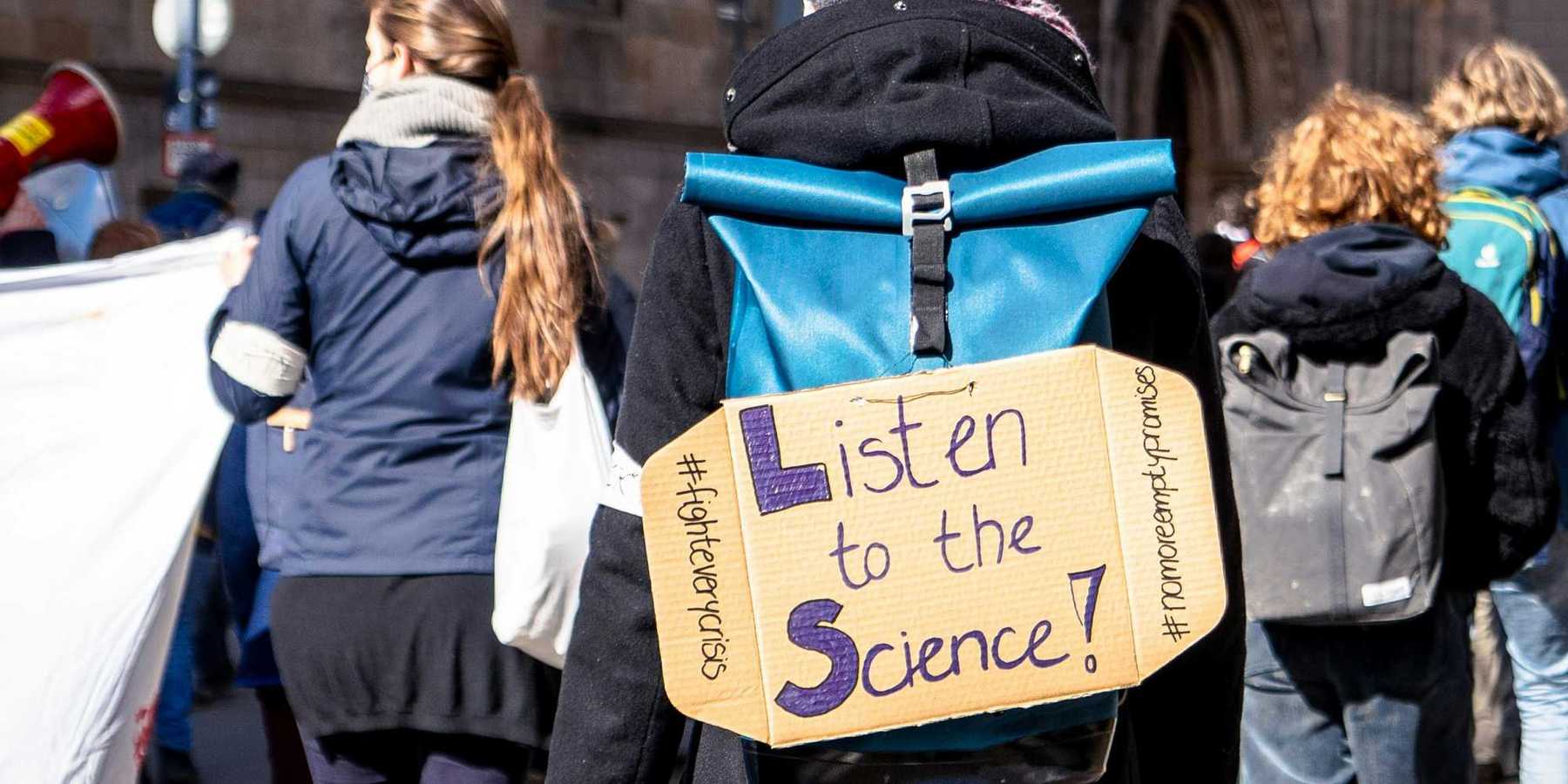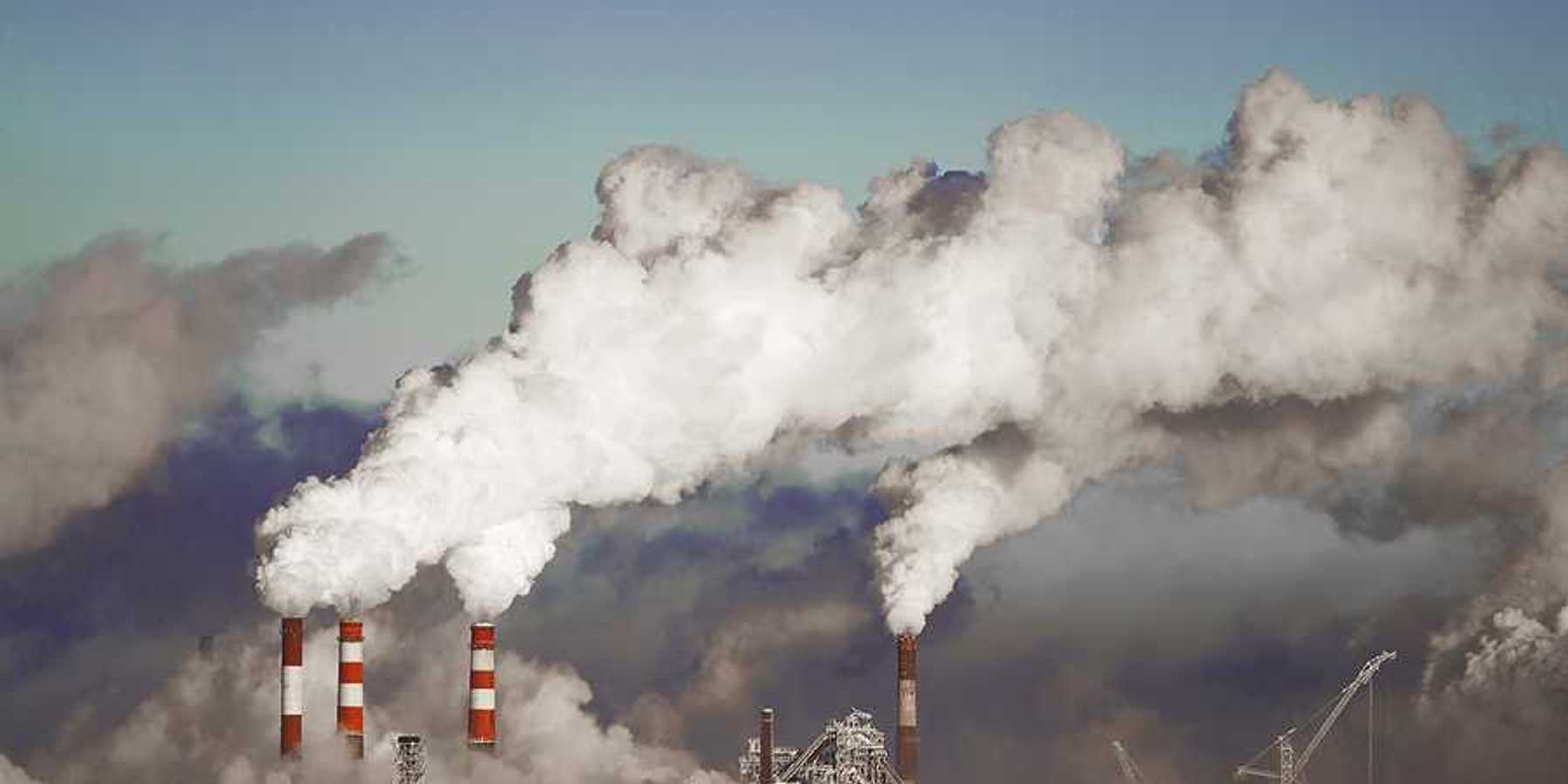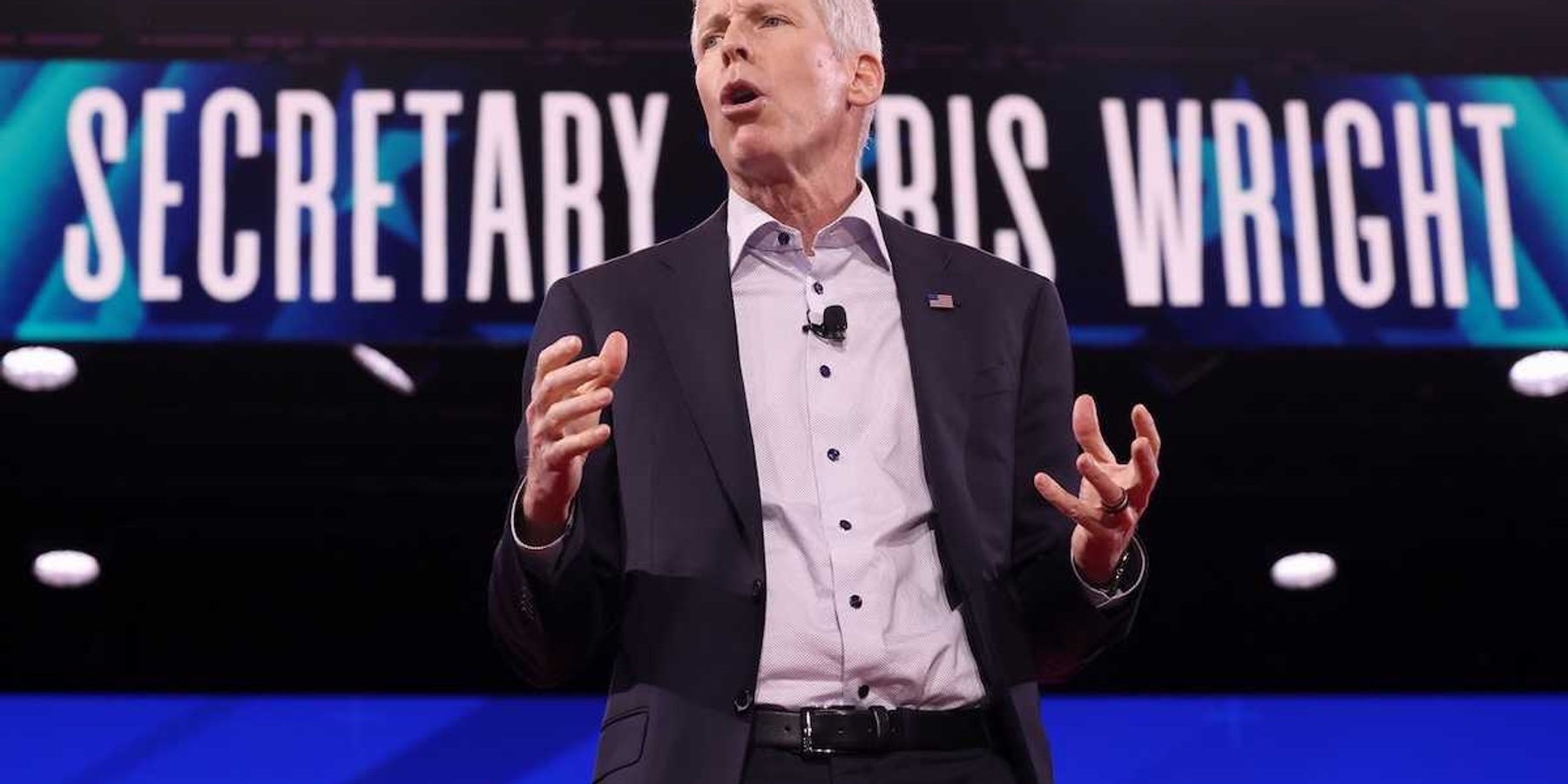Turning mushroom waste into a resource for sustainable farming
The mushroom industry explores the potential of spent substrate, a byproduct of mushroom cultivation, for various environmental and agricultural applications.
Doug Bierend reports for Civil Eats.
In short:
- Spent substrate, the leftover material from mushroom farming, holds potential for compost, soil decontamination, biofuel, and further mushroom cultivation.
- Small and large mushroom farms alike face the challenge of managing the increasing amounts of spent substrate, seeking innovative solutions for its disposal and reuse.
- The Central Texas Mycological Society has created a community network for free spent substrate pickup, supporting local farms and environmental projects.
Key quote:
"If you're gonna do it, awesome, but account for this waste stream you're producing and how you're gonna get it off of your property."
— Amanda Janney, founder of KM Mushrooms
Why this matters:
Incorporating spent substrate into farming practices supports the principles of circular economy by recycling waste products into valuable resources. This not only reduces waste but also minimizes the environmental impact of farming by decreasing the reliance on synthetic inputs.
The way we eat and grow food has to dramatically change if we're going to feed the world's increasing population by 2050 and protect the planet, according to a major report released in 2019 from the EAT-Lancet Commission.













